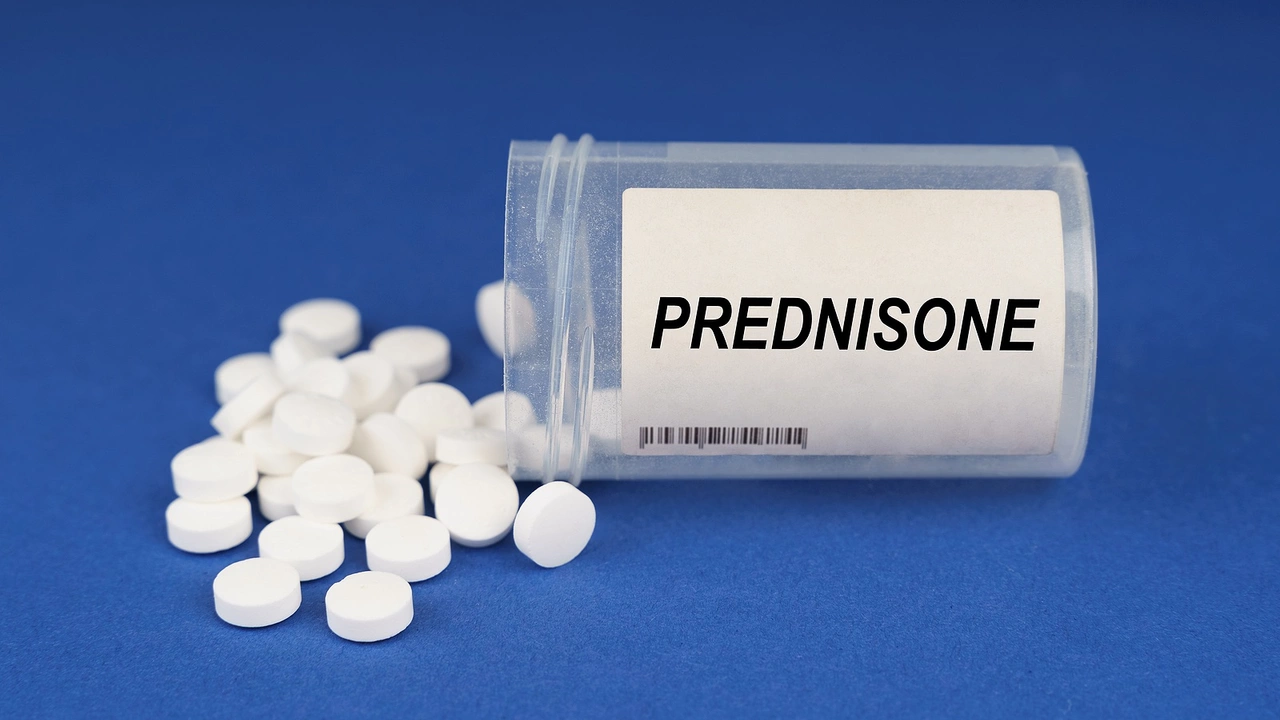Connection – Your Hub for Drug Alternatives and Pharmacy Guides
If you’re hunting for reliable advice on medication swaps, safe places to order prescriptions, or simple ways to manage common health issues, you’ve landed at the right spot. This tag pulls together posts that answer the exact questions most shoppers have: which drug works as a substitute, where can I buy it without risk, and what should I watch out for?
Why This Tag Matters
The health market moves fast—new inhalers appear, generic versions replace brand names, and online pharmacies pop up daily. Keeping track of every change is a headache, especially when you just want a clear answer. That’s why we grouped the most useful articles under Connection. Each piece is written in plain language, so you don’t need a pharmacy degree to understand it.
Whether you’re dealing with chronic pain, skin concerns, or respiratory issues, you’ll find a guide that matches your situation. The posts cover everything from Cyclobenzaprine buying tips to alternatives for popular drugs like Toprol, Rogaine, and Valtrex. You also get insights on reputable online stores such as EaglePharmacy.com and RxConnected alternatives.
Explore the Top Articles
How to Safely Buy Cyclobenzaprine Online walks you through legal considerations, trusted sites, and red flags before checkout. If you’re an Australian shopper, Your Guide to eaglepharmacy.com breaks down what makes that site reliable.
Need a pain reliever without the usual side effects? Check out the Naprosyn Complete Guide for dosage tips and safety notes. For heart health fans, the Toprol Beta Blocker Overview explains how metoprolol works and what lifestyle tweaks help.
Hair loss worries? The Rogaine Truth article separates hype from science, giving you realistic expectations. Asthma sufferers can read Hot Inhaler Alternatives to Albuterol for the newest LABA/LAMA combos that are gaining popularity in 2025.
If DIY skin care intrigues you, our piece on Hydroquinone Skin Lightening Recipes warns about risks and offers safer alternatives. And when insurance won’t cover Valtrex, the Valtrex Alternatives Guide lists generics and substitute therapies that keep costs down.
Every article starts with a quick summary, then dives into practical steps you can take today—no jargon, no fluff. You’ll also find comparison tables for fast side‑by‑side looks at drug pros and cons.
Bookmark this page and return whenever you need fresh advice. The health landscape keeps shifting, but our curated collection stays up‑to‑date, so you always have a reliable connection to the information that matters most.



